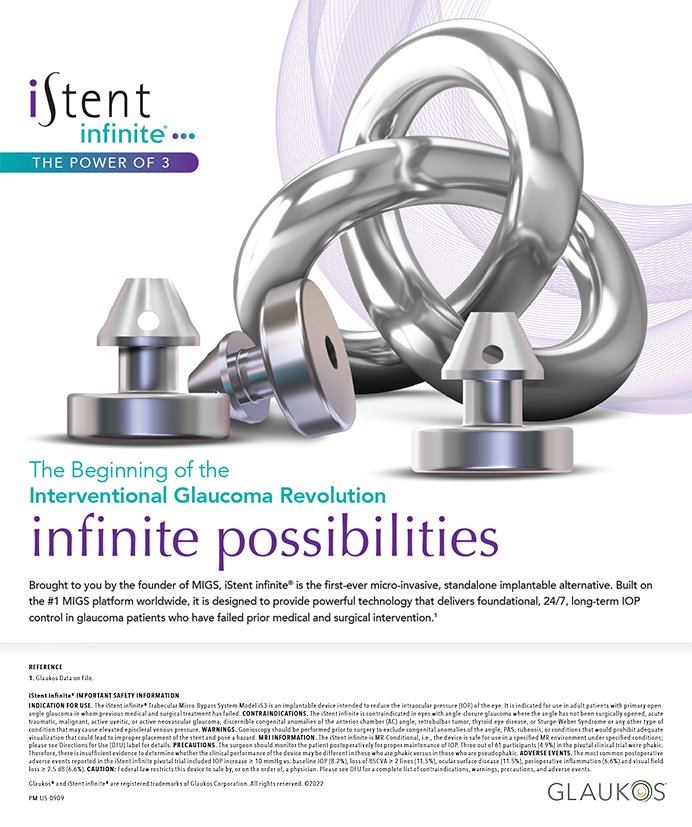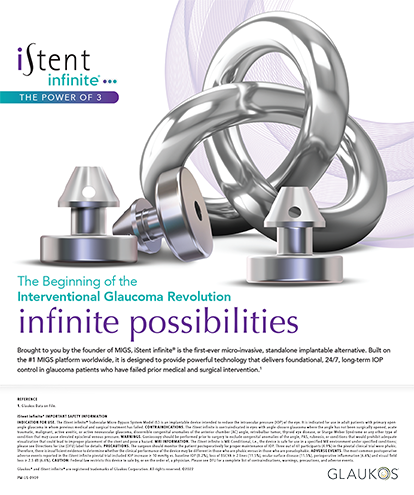Last month's column addressed the frequent failure of physicians to reduce chronic stress in their lives, despite knowing the negative impact stress can have on health, work performance, and relationships. Stress manifests itself in a wide range of symptoms, including fatigue, irritability, decreased attention and concentration, muscle tension, gastrointestinal distress, and sleep disturbance. Physicians' families and office staff are often exposed to secondhand stress that initiates a negative cycle. During the past several years, I have taught stress management seminars to a wide range of people, including navy fighter pilots, business executives, and health care professionals. These groups tend to thrive on mastering ever-greater challenges in high-stress environments, but they can be impatient and initially resistant to traditional relaxation techniques that require as little as 20 minutes, such as meditation or progressive muscle relaxation. Rather than focus on the basic tenets of regular exercise, adequate sleep, and caffeine reduction, all of which I consider mandatory, I would like to share a few strategies for immediate stress relief. Since people often complain they cannot practice traditional stress-management strategies because they are too busy, too tired, or suffering some physical injury, I call these my no-excuse stress interventions. They are quick and easy, and they require no equipment other than your mind.
LAUGH IT OFF
Laughter is a great stress reducer, and it is effective even if you force yourself to laugh. In certain situations, however, it is probably best not to spontaneously laugh out loud when you feel stressed, such as when a policeman is writing you a ticket. That is why I recommend you pick a laugh code, which is a word or phrase that makes you smile or want to laugh whenever you say it and/or hear it. Lines from movies using the character's intonation work well. When you feel your stress level rising, just stop and silently repeat your laugh code several times to effectively defuse your stress reaction.
BREAK YOUR ENGAGEMENT WITH CONSTANT STIMULATION
Step away from your computer and Blackberry (Reasearch In Motion, Waterloo, Ontario) and turn off your phone's ringer, the television, or music player. Sit comfortably in silence, close your eyes, and do nothing but focus on slowly breathing in and out. Start with just 5 minutes a day in the afternoon or evening to allow your overstimulated mind to shift focus and reset.
STEP BACK IN TIME
William Wordsworth's poem Daffodils from 1804 illustrates this technique. Pick out a memory of a place that you experienced as emotionally uplifting, peaceful, or relaxing. Recall the visual image first for at least 5 seconds. Remember how it felt physically (eg, the sun warming your skin on a beach, the weightless sensation of floating in water, or the brisk air on your face on a snowy mountain) and emotionally. In less than 30 seconds, you can interrupt stressful tension.
MAKE PLEASURE A PRIORITY
Many high achievers feel guilty about allotting time for pleasure. Consider it a prescription from your doctor. Do something you find highly pleasurable for a minimum of 10 minutes a day. It does not matter what you choose, but you must focus your attention on enjoying the experience.
CONCLUSION
Physicians are at risk for burnout. Although many stress management recommendations are available, incorporating these four quick-and-easy strategies into your daily life will have a positive impact.
Jennifer S. Morse, MD, is in private practice as a consultant for medical and surgical psychiatry in San Diego. Dr. Morse may be reached at (619) 405-5919; www.the-doctor-is-in.com; jmorsemd@aol.com.


